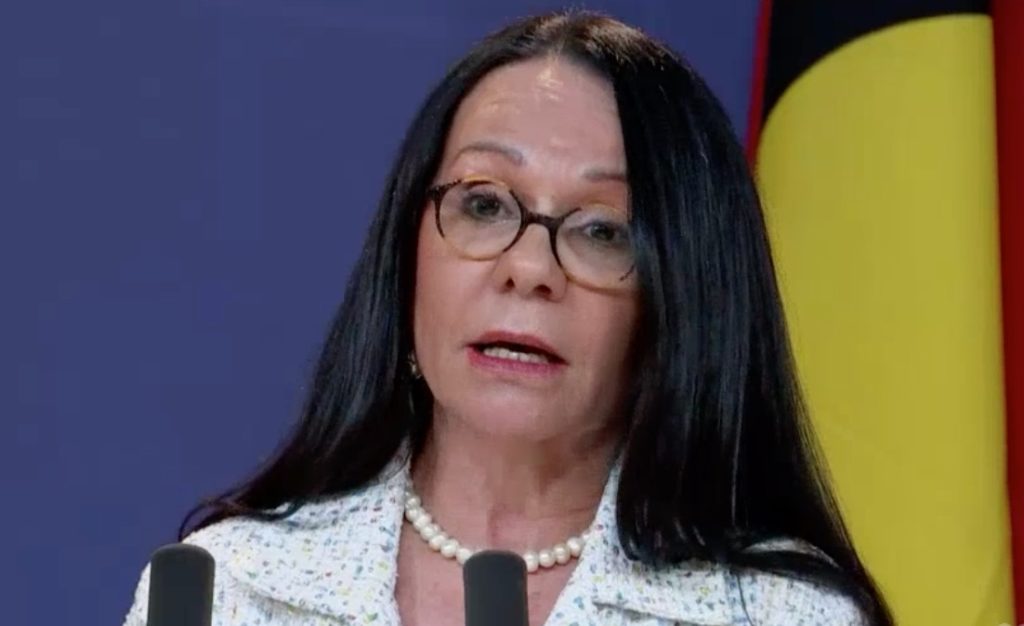Federal Labor has announced it will allocate more than $90m over four years to reduce the incarceration rates of Indigenous people, and the disproportionate number of Indigenous deaths in custody, if it forms government.
The potential reforms from Labor have been announced to coincide with the 30th anniversary of the Royal Commission into Aboriginal Deaths in Custody.
Since 1991, when the report was released, the number of Aboriginal people incarcerated in Australia compared to the rest of the population, has risen from 14 per cent to 30 per cent. Many of the 399 recommendations made by the royal commission have not be implemented, while more than 470 Indigenous people have died in custody since 1991. Since March this year, 5 Aboriginal people have died in custody.
Labor’s Shadow Minister for Indigenous Australians, Linda Burney said the most important thing to look at is the underlying factors that contribute to Indigenous people being incarcerated at such high rates.
“Things like intergenerational trauma, the amount of children who are put in the child protection system, overcrowding, lack of education and employment opportunities, and poor health,” Burney said on Thursday.
“This package is not about having rose-coloured glasses, it is about looking at the reality and looking at evidence where we see things working.”
Labor’s reforms would centre around the launch of a national justice reinvestment program that would provide funding to more than 30 communities to design programs around rehabilitation, family and domestic violence and school retention.
Burney cited the community-led Maranguka Project in Bourke as an example of where this kind of justice reinvestment is working to reduce incarceration rates. Other reforms would focus on improving coronial inquests, funding Aboriginal legal services and establishing a real-time national monitoring of deaths in custody.
Linda Burney said federal leadership, especially from the Attorney-General, is needed to make real change.
“What needs to happen is that there needs to be the voices of First Nations people that have a real role in the I mean, you know, we can think of these young people in many cases as statistics, but they are brothers and sisters, they are uncles and aunties, they are mothers and fathers,” she told ABC radio this week.
“And those voices count, the family remembers really need to be listened to. That’s the first step so that you don’t have a war of words breaking out between state and federal governments about how many of the recommendations that have been implemented.
“The important thing is to see what the situation is now, to understand that the numbers have exploded since the Royal Commission, to take note of what the closing the gap targets are, and for the federal Attorney General, to show real leadership in this space.”
Australia has seen five Indigenous people die in custody over the past six weeks, and Burney says what is alarming is that some of these people died while they were on remand.
“What really is alarming is that the five deaths that you’ve referred to in March, some of those deaths happened while people were on remand,” she said. “Now, you know, there hasn’t even been a trial – it’s when people are waiting for trial. And it’s a tragedy. It’s a waste, and something has to be done about it.”
“For any anyone, be it a First Nations people or not, when one of your loved ones goes into a correctional facility, it should not be a game of Russian roulette on whether that person survives.
“There should be proper care, proper medical care. And there should be an understanding of what the issues are around First Nations people.”


